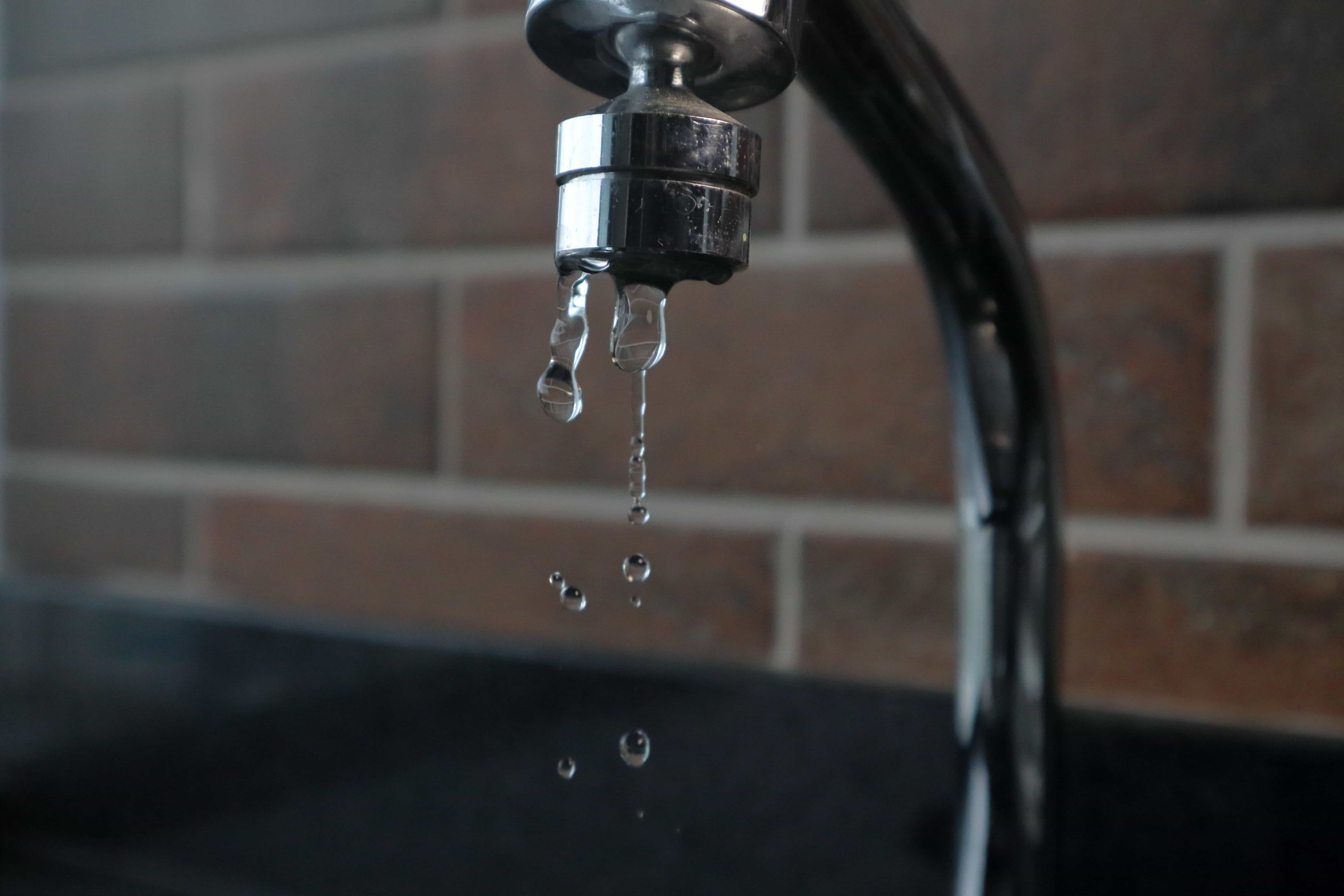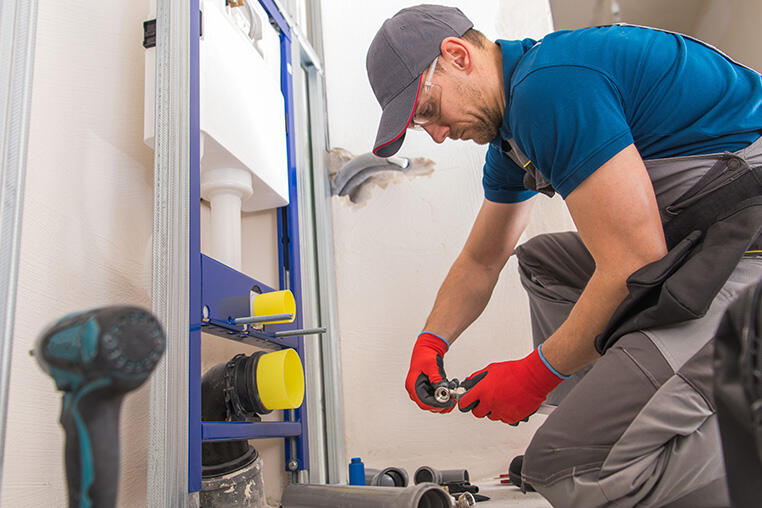Green Piping Technologies: Nurturing a Greener Home
Green Piping Technologies: Nurturing a Greener Home
Blog Article
What are your ideas on Sustainable plumbing solutions for your home tips?

Introduction
In today's globe, lasting living is ending up being increasingly crucial. One location where property owners can make a significant effect is with environment-friendly plumbing options. By embracing environmentally conscious practices, houses can decrease their water and energy intake while adding to a much healthier earth.
Greywater Equipments
Greywater describes carefully utilized water from sources such as showers, sinks, and cleaning makers. Instead of letting this water go to waste, greywater systems recycle it for non-potable usages such as landscape irrigation and bathroom flushing. By carrying out a greywater system, home owners can conserve fresh water resources and minimize pressure on metropolitan wastewater therapy facilities.
Rainwater Harvesting
Rain gathering includes collecting and saving rain for different functions, consisting of watering, bathroom flushing, and washing. Rain gathering systems normally consist of a collection surface area (such as a roofing), seamless gutters, downspouts, and storage tanks. By harvesting rain, homeowners can lower their dependence on municipal water resources and preserve freshwater sources.
Solar Water Heaters
Traditional hot water heater rely on nonrenewable fuel sources or electrical power to warmth water, adding to carbon emissions and power consumption. On the other hand, solar hot water heater use sunlight to warm water, providing an eco-friendly and eco-friendly option. By using solar energy, house owners can decrease their power expenses and minimize their carbon impact.
Green Pipe Products
Conventional plumbing materials such as copper and PVC can have unfavorable environmental effects during manufacturing and disposal. Nonetheless, there are sustainable alternatives offered, such as recycled steel, cross-linked polyethylene (PEX), and high-density polyethylene (HDPE). These environment-friendly pipeline materials supply resilience, long life, and decreased ecological effect.
Water-Efficient Fixtures
Standard components usually waste water needlessly. However, modern low-flow toilets, taps, and showerheads are designed to lessen water usage without compromising efficiency. These components can considerably decrease household water usage, resulting in reduced water expenses and a decreased ecological footprint.
Energy-Efficient Devices
In addition to water-efficient components, energy-efficient devices can additionally reduce a household's environmental impact. High-efficiency washing makers and dishwashers utilize much less water and power per cycle, aiding to preserve sources and lower energy bills. When shopping for home appliances, search for ENERGY CELEBRITY ® certified versions for maximum efficiency.
Smart Water Administration Equipment
Developments in technology have made it easier than ever before to monitor and enhance water usage in the home. Smart water management systems utilize sensing units and information analytics to track water usage in real-time, determine leaks, and provide insights for conservation. By applying smart water management solutions, property owners can reduce waste and make best use of effectiveness.
Health and wellness Advantages
In addition to ecological benefits, environment-friendly plumbing can additionally contribute to improved indoor air top quality and wellness. By utilizing safe products and reducing chemical exposure, property owners can create a much healthier living environment for themselves and their family members.
Government Motivations
Numerous federal governments provide financial rewards to urge property owners to take on environment-friendly pipes methods. These incentives may consist of rebates, tax obligation debts, and low-interest loans for energy-efficient upgrades. By taking advantage of these programs, house owners can make green renovations extra inexpensive and obtainable.
Expense Factors to consider
While environmentally friendly plumbing alternatives might have higher upfront costs than typical options, they frequently give lasting financial savings with reduced water and power expenses. Additionally, several governments supply rewards such as refunds and tax obligation credit histories for environmentally friendly upgrades, assisting to counter initial expenses.
Installation and Upkeep
Proper installment and regular maintenance are crucial for making sure the effectiveness and long life of eco-friendly pipes systems. It's important to work with professional specialists to mount and service these systems to avoid issues and take full advantage of effectiveness. Routine upkeep jobs such as checking for leaks and cleaning up filters can additionally assist stop troubles and optimize efficiency.
Ecological Advantages
The environmental benefits of environmentally friendly plumbing are considerable. By preserving water and power, house owners can lower their carbon footprint and lessen their impact on natural deposits. In addition, eco-friendly pipes methods can assist secure communities and protect biodiversity for future generations.
Conclusion
In conclusion, eco-friendly pipes choices supply numerous benefits for property owners and the setting alike. By buying water-efficient fixtures, greywater systems, rain harvesting, solar water heaters, eco-friendly pipe products, energy-efficient home appliances, clever water administration systems, and various other sustainable remedies, houses can decrease their environmental impact, reduced their energy expenses, and add to a healthier earth for future generations.
10 Greener Plumbing Solutions for a Sustainable Home
Install Water-Saving Fixtures
One of the most effective ways to conserve water is by installing water-saving fixtures. Low-flow toilets, aerated faucets, and adjustable showerheads are excellent choices. These fixtures reduce water consumption without compromising performance, allowing you to save both water and money.
Embrace Tankless Water Heaters
Say goodbye to energy-hungry traditional water heaters! Tankless water heaters are a greener alternative. Unlike their counterparts, these systems heat water on-demand, eliminating the need for a constantly heated reservoir. By only heating water when needed, tankless water heaters save energy and lower utility costs.
Opt for Greywater Recycling
Make the most of your water usage by recycling greywater. Greywater recycling systems collect and treat water from showers and laundry, making it suitable for non-potable uses like toilet flushing or watering plants. This reduces the strain on freshwater resources and minimizes water waste.
Consider Energy-Efficient Water Heaters
Upgrade to energy-efficient water heaters like heat pump water heaters or solar water heaters. Heat pumps utilize ambient air to heat water, while solar heaters use the sun's energy. Both options significantly reduce energy consumption and contribute to a greener home.
Invest in Leak Detection and Prevention
Undetected leaks can lead to significant water waste. Install smart water leak detection devices that monitor your water usage and promptly notify you of any leaks. By taking immediate action, you can prevent water waste and avoid potential damage to your home.
Insulate Your Pipes
Insulating your pipes is a simple yet effective way to improve energy efficiency. Properly insulated pipes minimize heat loss and reduce the risk of frozen pipes in colder climates. By conserving heat and preventing energy waste, you can save on energy bills while enjoying a greener plumbing system.
Harness the Power of Rainwater
Rainwater harvesting is a sustainable practice that can supplement your water needs. Collect rainwater in barrels or tanks and use it for tasks like watering your garden or flushing toilets. This reduces reliance on municipal water supplies and conserves precious freshwater resources.
Choose Eco-Friendly Plumbing Materials
When upgrading your plumbing system, opt for eco-friendly materials. Water-efficient fixtures made from recycled materials and piping materials like PEX (cross-linked polyethylene) promote sustainability. These choices not only conserve resources but also contribute to a greener planet.
Upgrade to Dual-Flush Toilets
Dual-flush toilets offer two flush options: a lower-volume flush for liquid waste and a higher-volume flush for solid waste. By using the appropriate flush setting, you can significantly reduce water consumption. Dual-flush toilets are an easy and efficient way to conserve water in your home.
https://www.croninplumbingandheating.com/post/10-greener-plumbing-solutions-for-a-sustainable-home

I ran across that blog entry on Environmentally Sustainable Home Plumbing when doing a lookup on the internet. Don't hesitate to set aside a second to share this post if you appreciated it. Thanks a lot for taking the time to read it.
Book Report this page